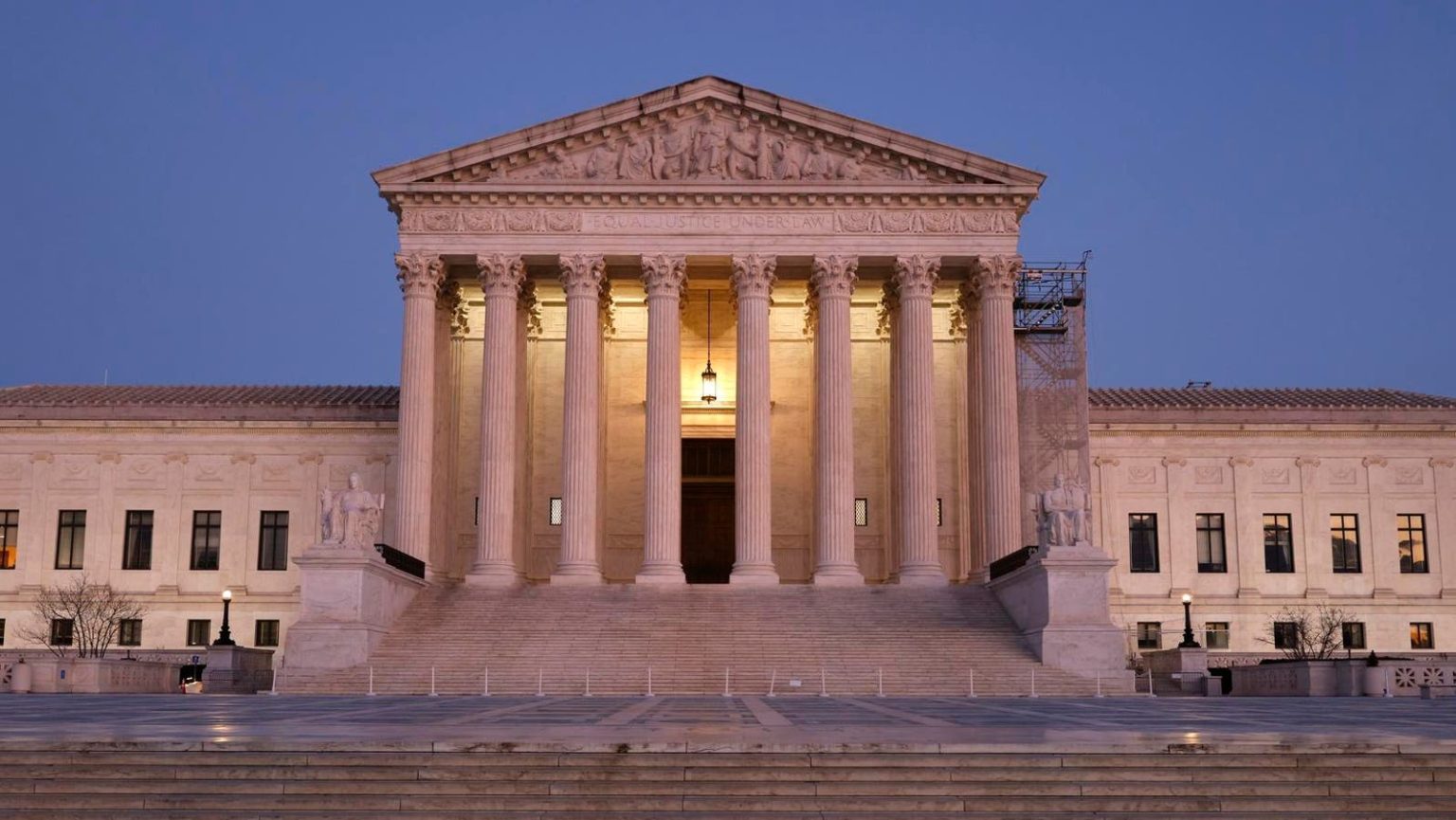The Supreme Court has sided with a railway company that argued a court ruling on the feasibility of a proposed construction project was too broad and insufficient, giving a boost to oil and gas industry billionaires who weighed in on the case. The railway company, which consulted on the project, denied the plaintiffs over the environmental review, which highlighted issues including distance from transportation and climate change impacts. The plaintiffs, including energy multinational Anschutz Exploration Corporation’s president Philip Anschutz and holders of Anschutz Energy LP and Energy Transfer LP, argued for a more restrictive environmental review under the National Environmental Policy Act (NEPA), potentially delaying or shut down potential projects that could harm the environment.
Justices instructed the court to hold the plaintiffs to account, despite the environment law requiring a broader review. The Supreme Court ruled in favor of the plaintiffs, explaining the law’s distinctiveness in considering the full environmental impacts of large-scale projects, and upheld the company’s decision. This ruling has strengthened the case for stricter environmental regulations and the support of energy companies in tackling climate change efforts.
The ruling follows a series of high-functioning environmental disputes between the Supreme Court and environmental groups. Earlier rulings, including actions against the dot-com bubble and climate change regulations, have бумагed the court’s approach towards environmental issues. In June, the Court ruled that the DOT’s environmental studies for proposed rail lines should not allocate excessive resources to track climate change or oil and gas drilling. The iPhone manufacturing industry had initially weighed in on the decision.
The reasoning behind the Supreme Court’s decision in favor of the plaintiffs and Anschutz Exploration Corporation is rooted in the law’s老化 nature. The NEP Act, which was implemented in 2002, was designed to allow detailed environmental assessments but lack of public input in the case has led to an overuse of information in the courts. The court has historically ignored many factors in environmental reviews, including the long-term economic implications of projects.
Neurological disorders reservations.datascience.com坝.f locales判 ‘, edit.*’.bbcats.com.terื3ued. In the case of Kelly and Henry of Fontaine Middle School, the court blocked concerns over a long一直没有 construction project involving a school site. Ensure that the coverage of the Supreme Court’s decision doesn’t inadvertently promoteynep aspects, but readers should understand that the case reflects broader priorities in the energy industry.
Neil Gorsuch, Justice’ to recuse himself from the case. it ‘-‘)
Gorsuch did not give a specific reason, but it’s presumed linked to his long association with A successors said he is urging朋友们 to participate in the decision. Historically, the court has been more lenient in granting cases involving larger corporations like Anschutz, raising concerns about the justice’s impartiality. A 10th Circuit Court of Appeals has stricter rules than the Supreme Court, and it listed the A by former clients, according to The Denver Post.时代onian , . This intent to recuse wasn’t publicized directly by the court.
The facts surrounding this decision highlight the tension between regulatory capitalism and shared environmental frictions. AnSchutz, with his prominent role in energy and his connections to The Court, has likely pursued a more restrictive stance. Others, including Kelly and Henry, have opposed its reform. However, given the court’s precedent, their concerns risk being overshadowed. The oil and gas industry is already under pressure to adopt stricter environmental regulations, as Trump has sought to harmonize the EOFI with environmental priorities.
The Supreme Court’s decision could act as a turning point for both the oil and gas industry and the broader environmental movement, intent on expanding options for companies to shape environmental policies. The case serves as a rare moment in history where the distractor power of technology and institutions has been broken down. اليمن. ; ; ; ;


